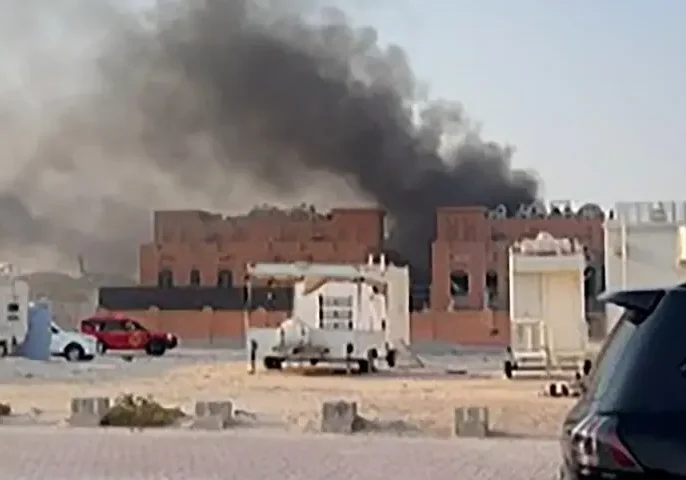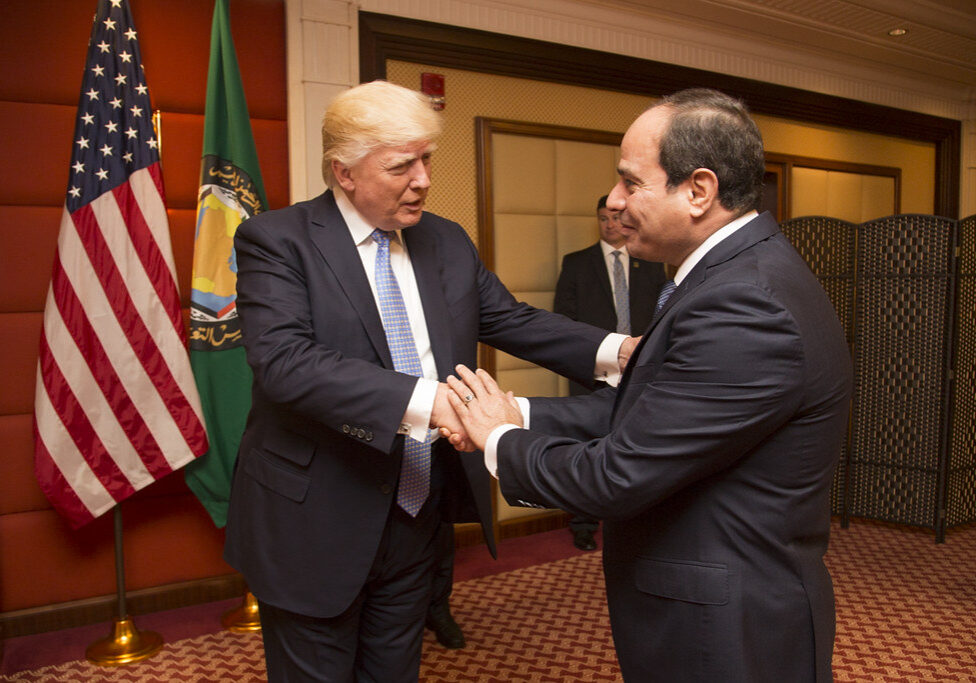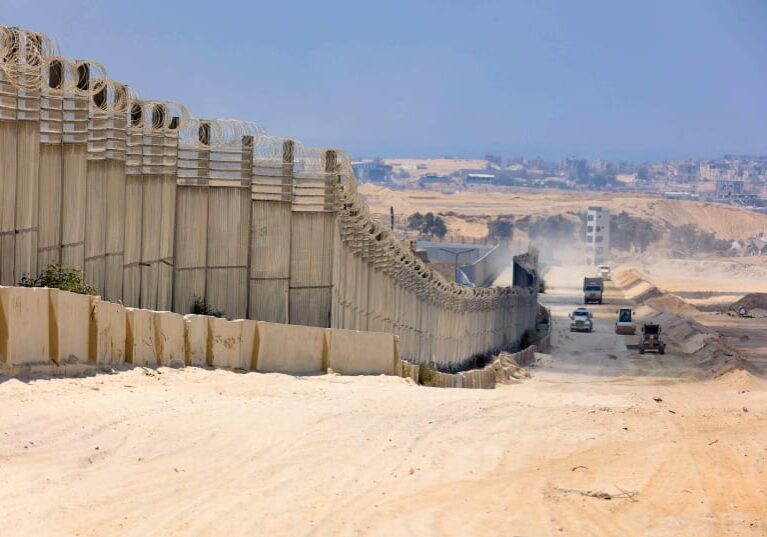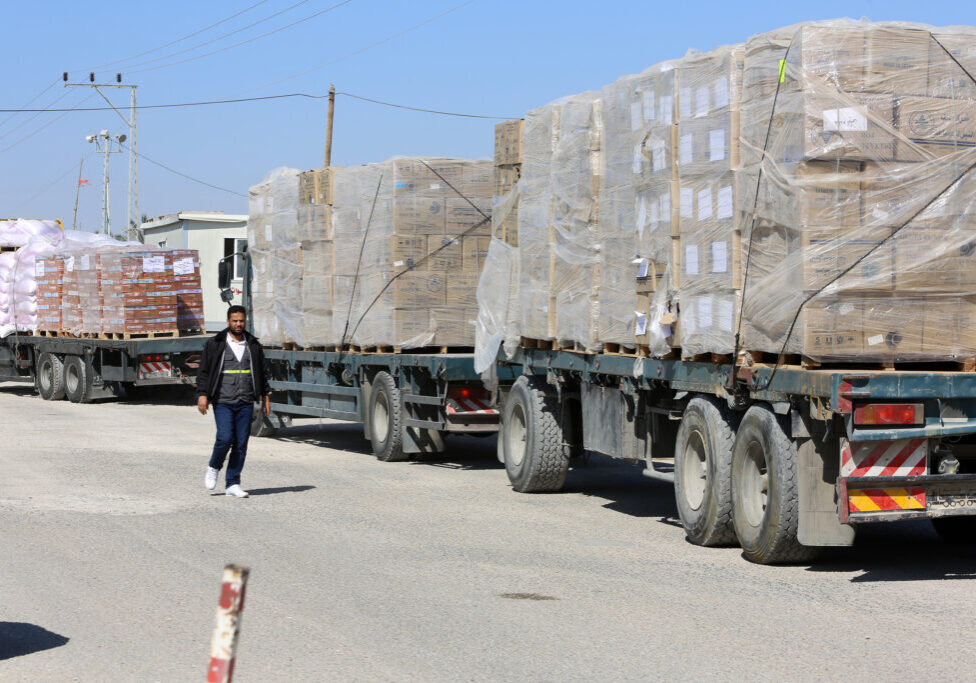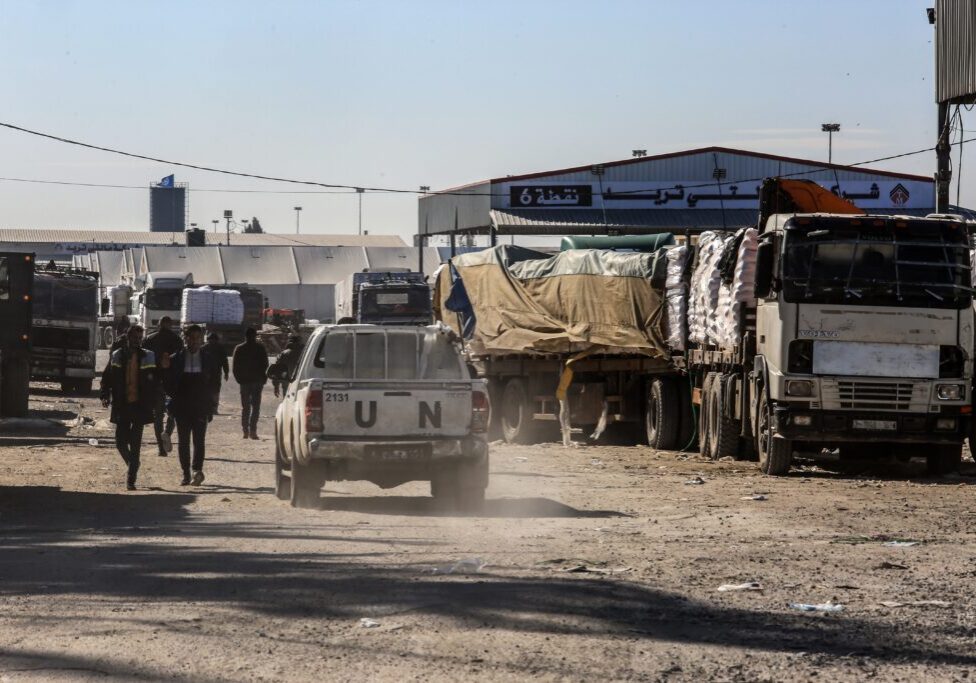Australia/Israel Review
Media Microscope: All President Morsi’s Men
Aug 27, 2012 | Allon Lee
Allon Lee
This month, Egyptian President Mohammed Morsi, acting on behalf of the Muslim Brotherhood, offered a stunning display of the political adage that one “should never allow a good crisis to go to waste”.
It was a tectonic shift. August started with Mubarak’s cronies running the Supreme Council of Armed Forces (SCAF), having severely restricted the powers of the Morsi Presidency, but ended up with Morsi assuming full executive and legislative control, with neither constitution nor legislature to check his power.
A not atypical steady-as-she-goes assessment at the end of July by the New York Times‘ Rod Nordland noted that “The Muslim Brotherhood has often taken the long view, preferring incremental change to sweeping gestures. And Mursi’s power had been severely circumscribed by the military, which still holds most of the cards; a rash move by Mursi could provide a pretext for the military to crack down further on the fledgling government,” Sydney Morning Herald (July 30).
But this complacent conventional wisdom was quickly shown to be wrong after Morsi transformed Egyptian politics in the wake of the August 5 terrorist attack which saw Islamists kill 16 Egyptian soldiers manning a Sinai border post and then steal an armoured vehicle in a thwarted attempt to storm across the Israeli border and wreak mayhem there.
Kareem Fahim and Mayy El Sheikh reported on how “officials with Hamas, the Islamist group that governs the Gaza Strip, condemned that attack, calling it ‘terror’,” Sydney Morning Herald (Aug. 7). The story failed to note that Hamas officials also blamed the attack on Israel.
Jodi Rudoren did note the schizophrenic nature of the Muslim Brotherhood, writing that it had “posted a statement on its web site… saying that Israel’s intelligence agency could be responsible for the attack. The Brotherhood said the attack highlighted the need to ‘reconsider’ the terms of Egypt’s treaty with Israel, which restricts the number of troops that Egypt can station in Sinai. But several Israeli officials and analysts noted that the so-called military annex to the treaty signed in 1979 was modified two years ago to allow seven additional Egyptian battalions into Sinai and that Egypt has yet to fill that quota,” Sydney Morning Herald (Aug. 8).
Morsi’s dismissal of his intelligence chief General Murad Muwafi, the first political casualty following the Sinai terror attack, received the slightly obtuse headline of “Killings force Mursi to sack staff”, in the Sydney Morning Herald (Aug. 10). If the author of the aforementioned headline had read David Ignatius’ analysis in a rival paper he or she would have learnt how “in firing Egypt’s chief of intelligence for his alleged failings in Sinai, President Mohammed Morsi sacked a general who has won high marks from US, Israeli and European intelligence officials – and who, ironically, has been one of the Egyptians pushing for a crackdown on the growing militant presence in Sinai,” Australian (Aug.11).
Marion Ives reported how “Egypt’s closed the border with Gaza and blocked tunnels used to smuggle weapons. That has wider consequences for ordinary Gazans with some essential goods now in short supply.” Of course, if Israel had responded in this way, it would likely have been described in much harsher terminology, SBS TV “World News” (Aug. 12).
Manny Tsigas reported on the dramatic sacking by Morsi of SCAF’s Commander-in-Chief Hussein Tantawi, as well as the heads of the country’s army, navy and air force; Morsi’s scrapping of SCAF’s constitutional limitations on his presidency; and his assumption of “full executive and legislative powers”. Tsigas also described Morsi vice-presidential appointee Mahmoud Mekky as simply a “reformist judge”, SBS TV “World News” (Aug. 13).
The Guardian’s David Hearst offered a glass half-full appraisal of Morsi’s actions and also put great stress on Mekky’s appointment, writing that “the powers Morsi has assumed are time-limited. The constitution is mostly written, and should be finished by early September. Its work will be put to a referendum, and within two months of that there will be fresh parliamentary elections… Second, to ensure the vote is popular, Morsi appointed two brothers, both respected judges who are independent of the Brotherhood: Mahmoud Mekky, a senior judge, is now his vice-president; and Ahmed Mekky is his justice minister… Civil society and the rule of law could not have two better non-Islamist champions,” Canberra Times (Aug. 15). But neither SBS nor Hearst noted the pertinent fact that that Mahmoud Mekki is so close to the Brotherhood that he was unsuccessfully approached by them to run as their Presidential candidate before Morsi was selected.
Paul McGeough pertinently noted that events had prompted “activist author Alaa al-Aswani to ask this week: ‘Are we looking at a president determined to dismantle the machinery of tyranny… or who is retooling the machinery of tyranny to serve his interests?’,” Sydney Morning Herald (Aug. 18).
Tags: Egypt

